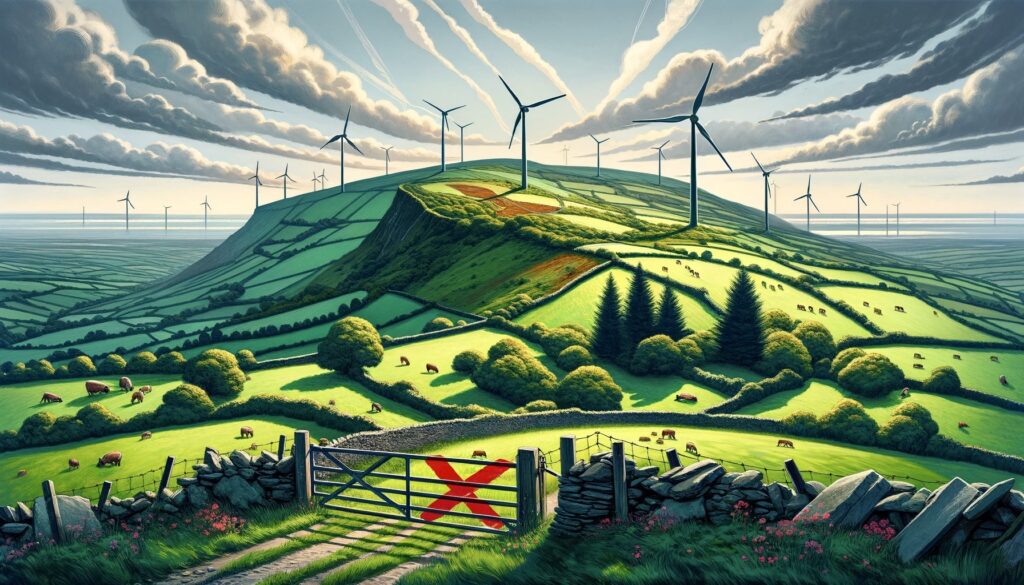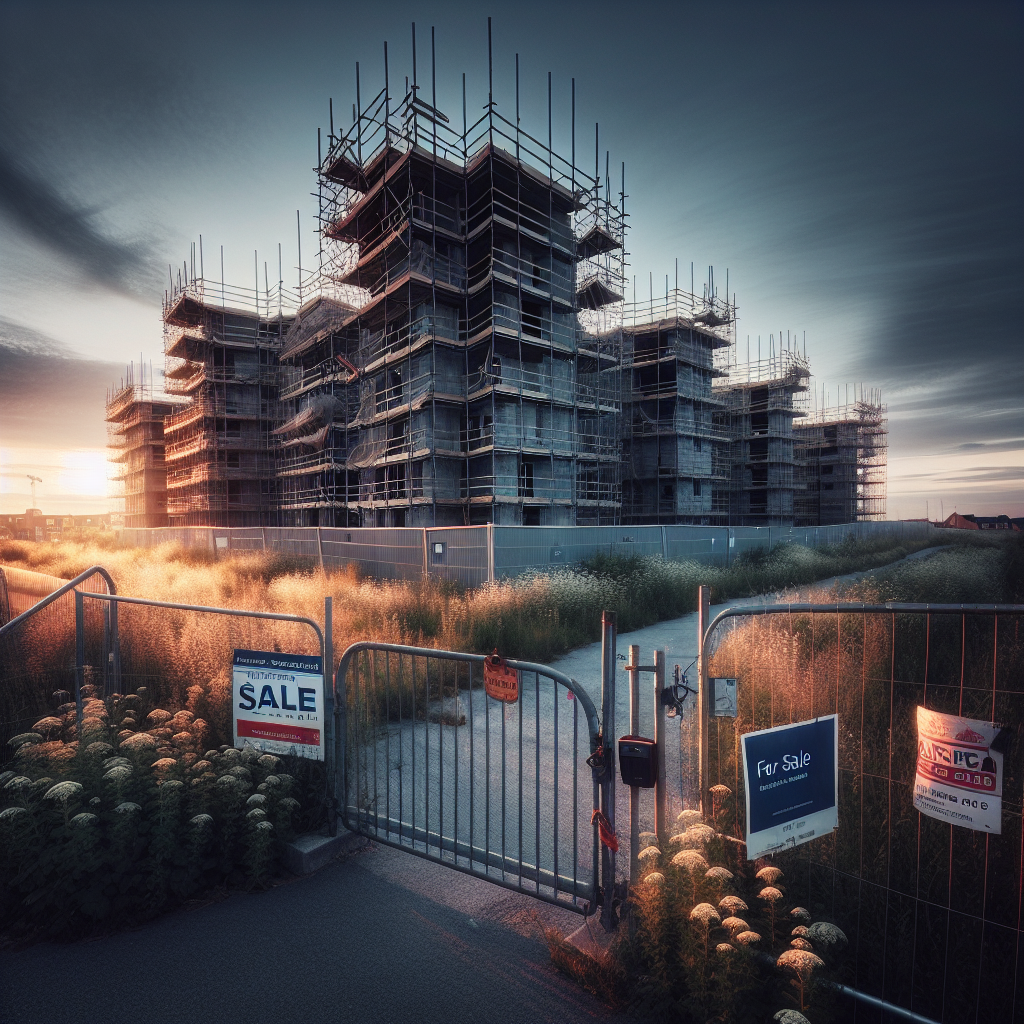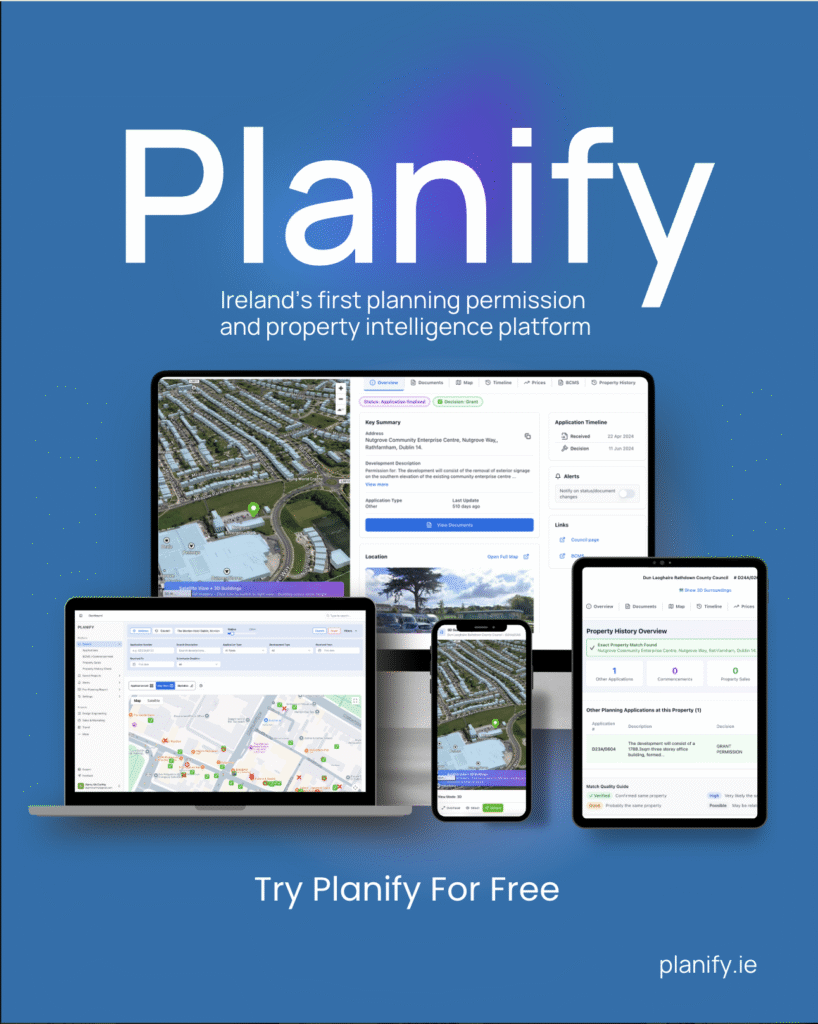Challenges in Irish Wind Farm Planning Threaten Climate Transition Goals
The uncertainty surrounding planning permission in Ireland has emerged as a significant obstacle to the country’s climate transition goals. A recent high-level conference highlighted the risks posed by the lack of planning approvals for wind farm projects, which could impede the decarbonisation of the national electricity grid. This article delves into the concerns raised by experts regarding the slow progress in renewable energy deployment and its implications for Ireland’s renewable energy targets.
The advancement of Ireland’s climate transition is facing a critical challenge due to the absence of planning approvals for wind farms across the country. At a conference hosted by the Irish Fiscal Advisory Council (IFAC), energy economist Lisa Ryan emphasised the pivotal role of planning certainty in achieving a decarbonized electricity system. The failure to secure planning permission for any wind farm projects in 2023 has raised alarms about Ireland’s ability to meet its renewable energy targets.
Professor Ryan underscored the interconnectedness of electrification in heat and transport with the decarbonisation of the national grid. She cautioned that transitioning to electric vehicles and heat pumps would be ineffective if the electricity system remained carbon-intensive. The prolonged timeline of renewable energy project deployment, exemplified by the standstill in wind farm planning permissions, threatens to derail Ireland’s progress towards a sustainable energy future.
Historically, wind farm projects have encountered lengthy planning processes, often spanning around 60 weeks. While the Government is in the process of reforming the planning system through the Planning and Development Bill, concerns persist regarding the allocation of resources to streamline these protracted planning procedures. The urgency to expedite the transition to a decarbonised electricity system is imperative to align with Ireland’s Climate Action Plan, which aims to derive 80% of energy from renewables by 2030 while phasing out coal and peat-fired electricity generation.
Conall Mac Coille, the chief economist at Bank of Ireland, highlighted the challenges faced by investors in climate projects, citing planning uncertainties, grid access, and Government policy credibility as key risk factors. The underwhelming outcomes of recent green-energy auction programs reflect the obstacles impeding investment in sustainable energy initiatives. Companies resorting to paying termination fees to withdraw from unviable projects due to cost or planning constraints underscore the complexity of the current environment.
The ambitious targets set by the Government, such as having 800,000 electric vehicles on Irish roads by 2030, necessitate a concerted effort to overcome the existing hurdles. However, the gap between these targets and the current progress signals a pressing need for tangible results in Ireland’s climate change agenda. The resistance to renewable energy projects by some local politicians, exacerbated by negative media coverage, has further complicated the landscape for sustainable energy investments.
Marie Donnelly, chair of the State’s Climate Change Advisory Council, echoed concerns about political opposition to renewable energy projects impacting the country’s transition to a greener energy mix. The financial implications of the shift to renewables and electric vehicles were underscored in a report by Ifac, estimating a potential annual revenue loss of up to €2.5 billion by 2030 alongside increased Government spending on supportive measures.
The challenges surrounding wind farm planning in Ireland pose a significant threat to the country’s climate transition objectives. Addressing the planning uncertainties, enhancing grid access, and reinforcing Government policies are crucial steps to accelerate the shift towards a sustainable and decarbonised energy landscape in Ireland.







